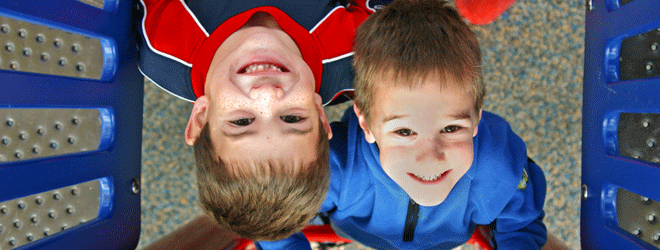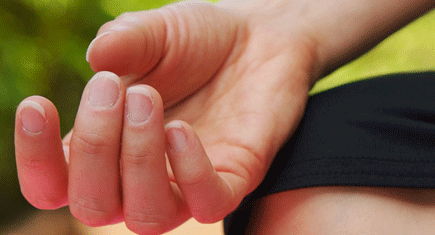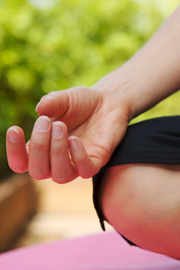In a world where technology was supposed to make our lives simpler, we seem to be busier than ever.

And our kids are far from immune to the onslaught of stuff to do.
A recent study by Ofcom, published by the BBC, showed that adults are spending a shocking 3.8 hours watching television – EVERY DAY.
Add to that their use of computers, games and mobile phones and the figure goes even higher.
And children aren’t far behind.
In another recent survey by TV channel Eden, 2000 children were asked some pretty basic questions about the “outside world”.
The most shocking statistic was the fact that 64% of children play outside less than once a week.
There is a growing body of evidence that children need time outdoors – in nature – preferably without adults interfering.
Psychologists are now proving what we have instinctively known for generations:
Creative play, outdoors in nature, is an essential part of childhood.
Yet most of our kids end up being ferried from one after-school activity to the next, before being nagged into doing their homework and shipped off to bed, often with a good dose of TV or MySpace in the mix.
“Nature is a tool,” says Stephen Moss, naturalist, broadcaster and author, “to get children to experience not just the wider world, but themselves.” So climbing a tree, he says, is about “learning how to take responsibility for yourself, and how – crucially – to measure risk for yourself. Falling out of a tree is a very good lesson in risk and reward.”
So why are we so scared of our children playing?
In my son’s kindergarten class, his teacher regularly reminds me that children act out – and resolve – their stresses, tensions and fears through creative play.
Without play, they are at risk of shutting down their emotions and ending up with the issues I see in my mentoring clients every week.
But allowing children to play creatively is often challenging for us parents, in our super-hectic lives where supreme-multi-tasking and constant running on adrenalin is the only recipe that allows us to get everything done.
The simple fact is that, if we want our children to grow up happy and confident, laid back yet effective, then we need to lead by example.
We need to learn how to let go – to be, instead of always doing.
Perhaps we need to remember how to play?
And have fun?
Then our children would learn that it’s ok not to always be doing stuff – it’s ok to be, to play, to connect with nature.
Perhaps it’s not the children who have forgotten how to play, but us, their parents?
What are your thoughts? What would your suggestions be, based on these research studies?
We would love to hear from you, via the comments box!
If you’d like to experience life from the perspective of ‘being’ rather than ‘doing’, then check out some of the other mindfulness articles on this website – and you might find that the 28 Day Meditation Challenge online course really helps, too.



 What Is Meditation?
What Is Meditation?
